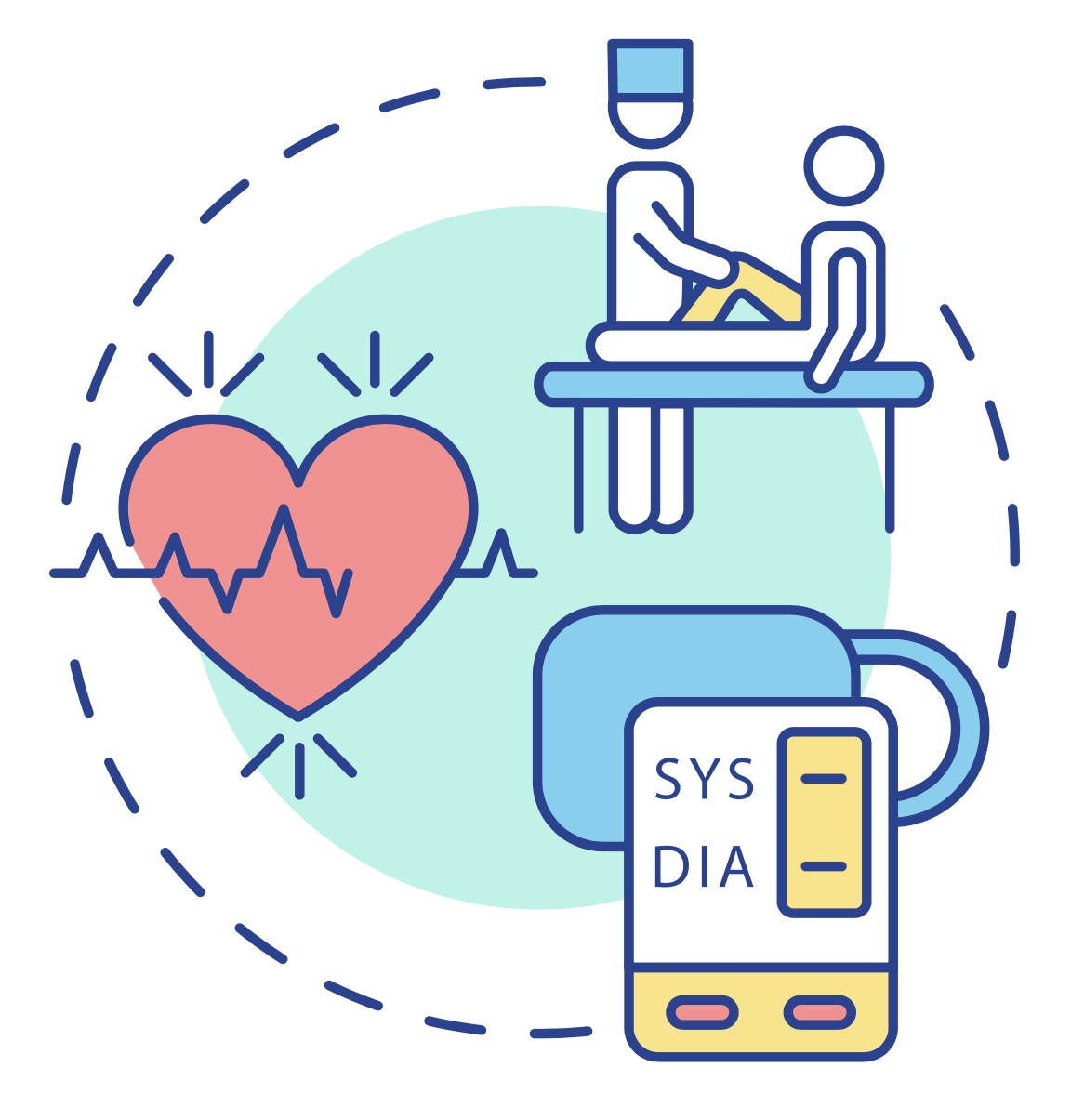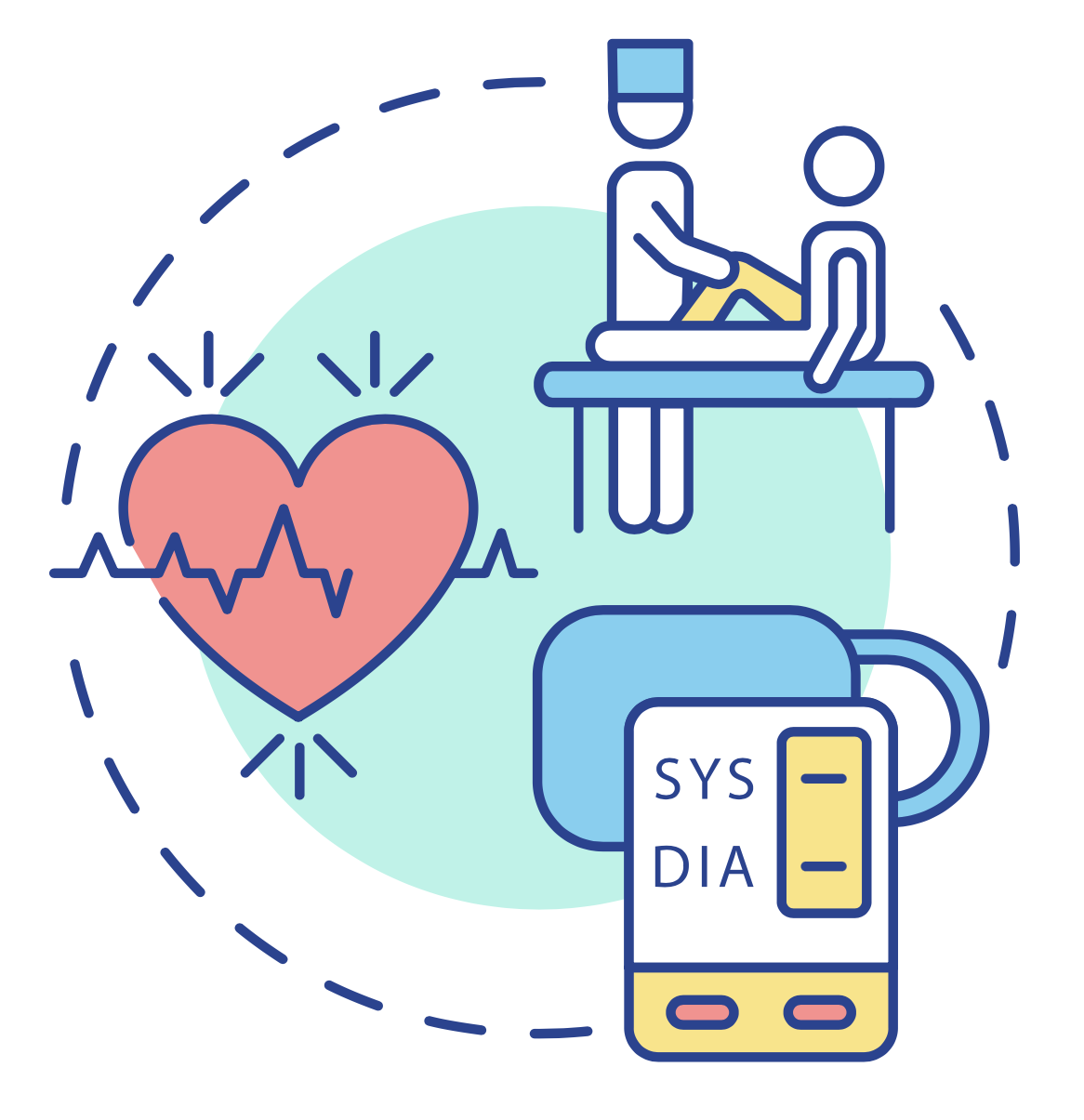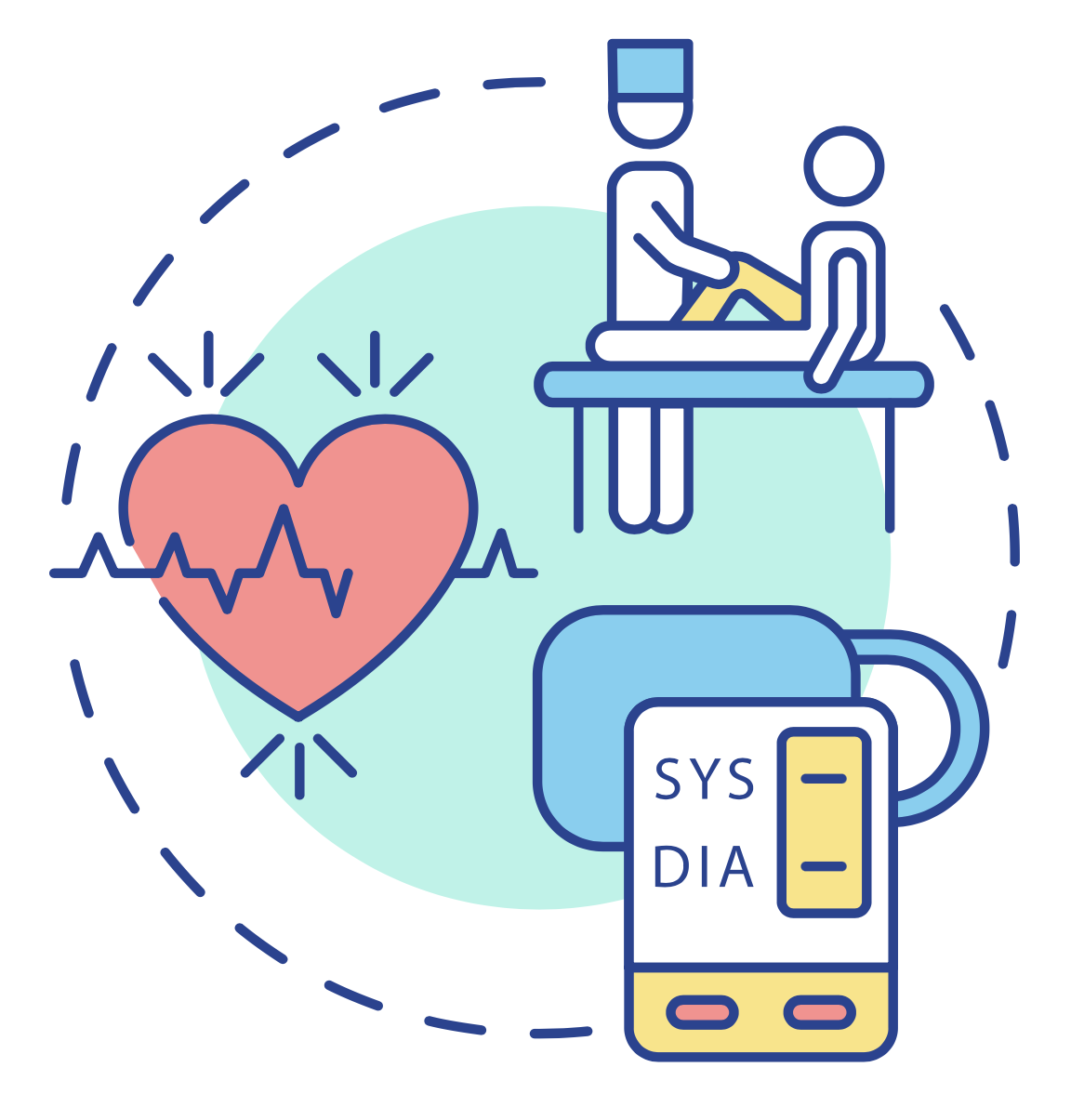Information
-
WARD / DEPARTMENT CONTROLLED DRUG AUDIT CHECKLIST
-
The Royal Pharmaceutical Society 'Safe and Secure Handling of Medicines - A Team Approach March 2005' indicates that audits should be carried out at least every THREE MONTHS for controlled drugs (CDs). The audit may be delegated to a suitably trained Pharmacy Technician, according to local arrangements. The responsibility for the organisation, monitoring and reporting on the safe and secure handling of medicines, and compliance with the standards, should remain with a Pharmacist. Throughout this document, where reference is made to CD Record Books, this also includes Patients' Own CD Record Books (where they are used). This audit also takes into account references to:
- Department of Health: Safer Management of Controlled Drugs, A Guide to Good Practice in Secondary Care (Oct 2007)
- NHS Business Services Authority, NHS Protect: Medicines Security Ward / Department Checklist (Jan 2014)
- NPSA Alert 0295: High Dose Morphine and Diamorphine Injections (May 2006)
- Care Quality Commission (CQC) Essential Standards Outcome 9: Management of Medicines (March 2010) -
Audit devised by: West Midlands Dispensary Managers (sub group to the West Midlands Chief Pharmacists Network)
Adapted for use by: Warwick Hospital Pharmacy Department -
Authorised date: January 2015. Review date: January 2017.
Ward / Department selection
-
WARD / DEPARTMENT
- 23 Hour Ward
- A&E Central
- A&E Resus
- Avon Ward
- Aylesford Unit
- Beaumont Ward
- Campion Ward (CERU)
- Castle Ward
- Catheter Lab
- CCU (Coronary Care Unit)
- Chadwick Ward (CERU)
- Charlecote Ward
- Day Unit Theatres
- Delivery Suite
- Delivery Theatre
- Dugdale Ward
- Ellen Badger Hospital
- Endoscopy Theatres
- Fairfax Ward
- Farries Ward
- Feldon Ward (CERU)
- Guy Ward
- Hatton Ward
- ITU (Critical Care Unit)
- MacGregor Ward
- Main Theatres
- Malins Ward
- Mary Ward
- Nicholas Ward
- Oken Ward
- SCBU (Special Care Baby Unit)
- Squire Ward
- Stratford Hospital - LSU (theatre)
- Stratford Hospital - Nicol Ward
- Swan Ward
- Urology
- Victoria Ward
- Willoughby Ward
-
Select date
A. Receipt and Recording
-
1. A sample signature list of staff who are authorised to order CDs is available on the ward (preferably within close proximity to the CD cabinet).<br><br>NOTE: This list requires updating at least once a year from the date signed by the ward / department manager.
-
2. There is an approved current stock list of CDs held on the ward / department and it reflects the current patterns of usage.
-
3. The CD Order Book, Returns Book (if applicable), Record Book and Patients' Own Record Book(s) are kept in a locked cupboard or drawer with restricted access.
-
4. All CD Order Books, Record Books, Returns Books (if applicable) and Patients' Own Record Book(s) are in good repair (covers are intact, there are no loose or missing pages, and there are no holes in any of the pages).
-
5. There are signatures and dates in the active CD Order Book(s) to demonstrate that receipt of such drugs is not regularly carried out by the same person who ordered them.<br><br>NOTE: Flick through a random sample of pages in all active CD Order book(s).
-
6. The CD Record Book confirms that TWO practitioners, designated by the local medicines policy, always check and administer CDs.<br><br>NOTE: Check every page of all active registers.
-
7. CD stock and administration records are fully maintained in the CD Record Book(s) and there is a running balance for each drug.<br><br>NOTE: The balance may be written in words instead of figures to reduce the likelihood of entries being altered. Entries must be in chronological order, with a separate page for each type and strength of drug, and the pages must be clearly identifiable.
-
8. CDs are reconciled by the nursing staff / ODPs against the CD Record Book(s) at regular intervals. A record of these checks is kept.
-
9. Errors are bracketed or cancelled with a single line, in such a way that the original entry is still visible. All errors are acknowledged with a signature, date and brief explanation in the margin or at the bottom of the page.<br><br>NOTE: Obliteration of an entry or use of correction fluid is unacceptable.
-
10. On reaching the end of the page in the CD Record Book, the balance is transferred to a new page and witnessed, the new page number is entered into the 'carried forward to page....' section at the bottom of the previous page, and the index is updated.<br><br>NOTE: Check every page of all active registers.
-
11. CD Order and Record Books are retained in a secure location for TWO YEARS from the date of the final entry or SEVEN YEARS if any record refers to the destruction of CDs on a ward / department.
B. Storage
-
12. There is awareness of a Trust procedure for handling and storage of CDs; either a hard copy or an electronic copy (e.g. Intranet) is available to the ward / department.
-
13. The ward / department CD cabinet conforms to British Standard Reference BS2881 or is approved by pharmacy. <br><br>NOTE: If non-compliant, report to the Accountable Officer.
-
14. Each of the following are clearly identifiable and are kept separate from one another as far as is practical:<br><br>a) Epidurals (these must be clearly identifiable as epidurals)<br>b) Diamorphine / morphine injections 30mg or above (should be labelled 'HIGH STRENGTH')<br>c) Patients' own CDs<br>d) Expired CDs and inpatient CDs that are no longer required (these should be removed by pharmacy staff, in line with local procedures, before / after the audit - time permitting)
-
15. ALL stock within the CD cabinet is reconciled to the CD Record Book(s) on the day of the audit.
-
16. Information is available about medicines to identify each CD and its uses e.g. current BNF.
-
17. The CDs reconciled on the day of the audit are fit for purpose i.e. they are in date, suitable for use and in the original container issued by pharmacy.<br><br>NOTE: Action to be taken if stock expires within THREE months.
C. Access
-
18. The key to the CD cabinet is kept on the authorised nurse in charge or designated member of staff who is readily identifiable. The CD cabinet key is on a separate key ring to the other drug keys.<br><br>NOTE: The CD key(s) should be separate to the other drug cabinet keys so that it remains on the person in charge at all times and, where applicable, two members of staff need to be involved in accessing CDs. The nurse / ODP in charge is responsible for CD security.
D. Patients' Own Medicines
-
19. Patient consent is obtained prior to the destruction and disposal of patients' own CDs.
E. Waste and Disposal
-
20. There is a local procedure for the destruction of CDs and entries in the CD Record Book confirm that this is followed.
-
21. There is provision for the secure disposal of individual or part-contents-of-ampoule doses of CDs which are prepared but not administered; this includes half-tablets where only half is administered, spillages / breakages and larger quantities of part-used CDs such as PCAs and epidurals.<br><br>NOTE: CDs must be disposed of in such a way that there is no possibility of retrieval; they must NEVER be thrown into the general waste, sink or sluice and it is only acceptable to discard CDs in the blue medicines waste containers after they have been denatured via a CD destruction kit or mixed with absorbent cat litter.
-
22. Where part of a CD requires disposal at ward / department level (as above), records are kept and the method of disposal is noted e.g. 'via DOOP kit'.
F. Reporting
-
23. The Trust has a policy for reporting and investigating CD discrepancies; either a hard copy or an electronic copy (e.g. Intranet) is available to the ward / department.
Completed by
-
PHARMACY REPRESENTATIVE
-
ROLE
- Pre-Reg Pharmacy Technician
- Pharmacy Technician
- Senior Pharmacy Technician
- Lead Pharmacy Technician
- Pre-Reg Pharmacist
- Pharmacist
- Senior Pharmacist
-
WARD / DEPARTMENT REPRESENTATIVE
-
ROLE

















